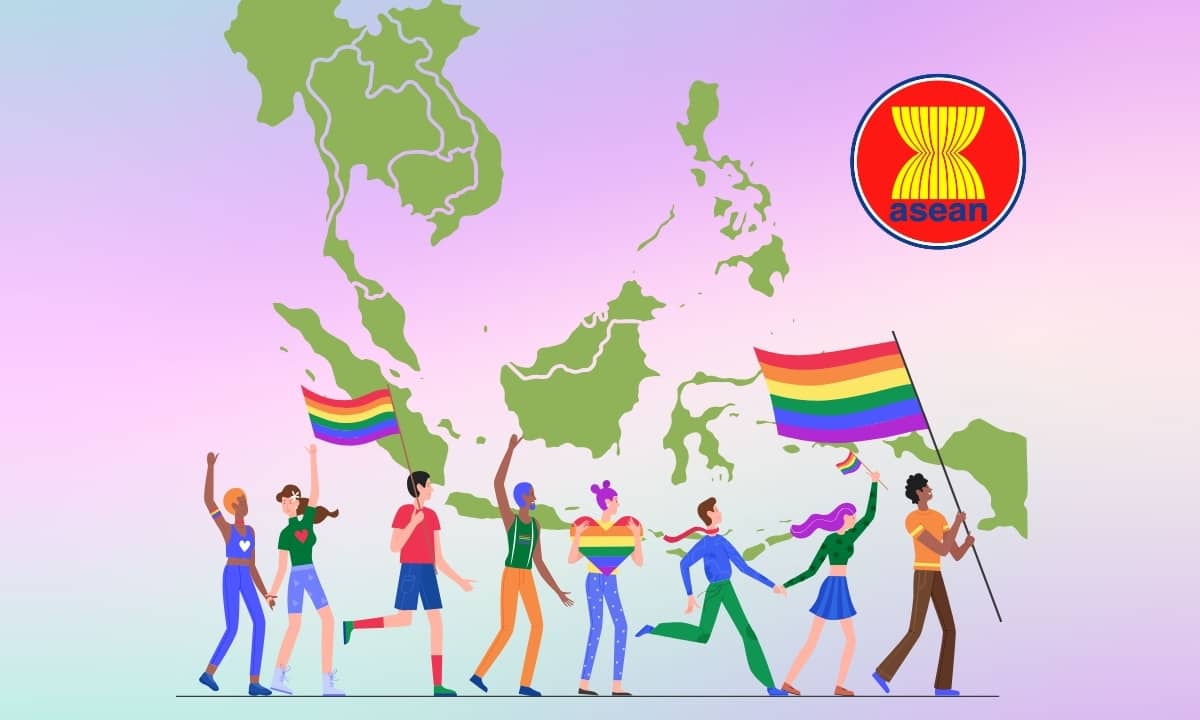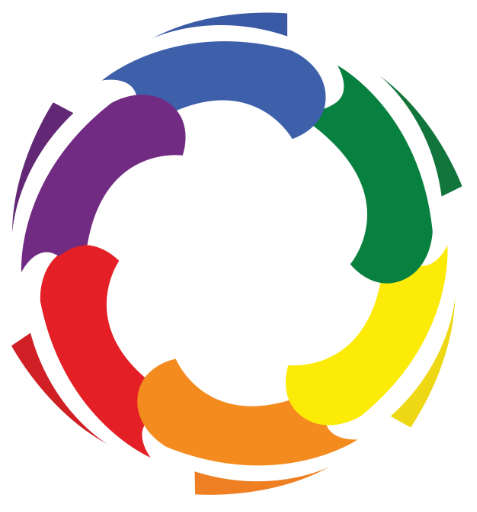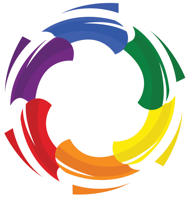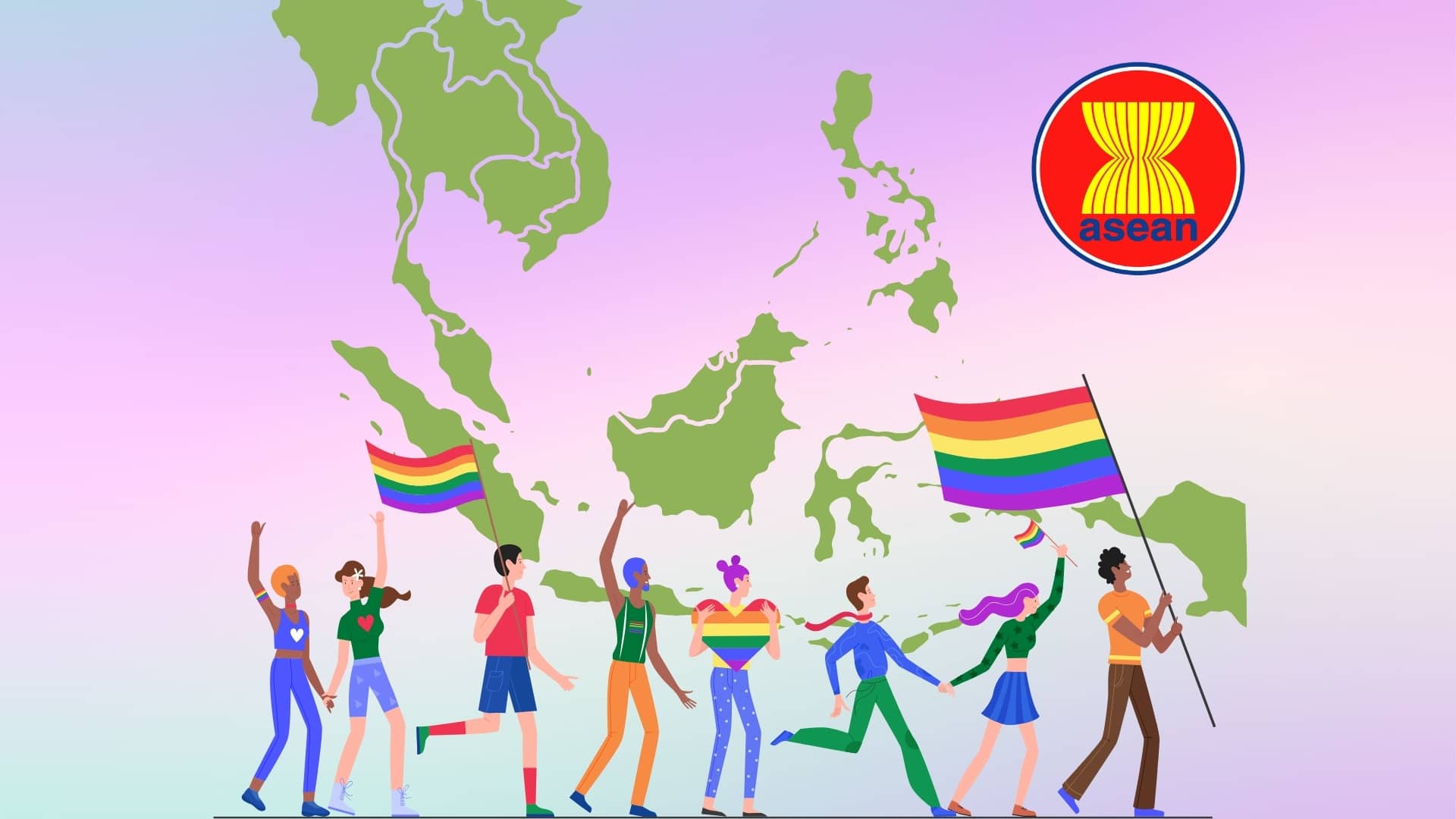
Written by Riska Carolina
On May 23, 2025, human rights advocates, ASEAN institutional representatives, and UN agencies gathered for a timely and urgent roundtable to discuss strategies for integrating Sexual and Reproductive Health and Rights (SRHR) and LGBTQIA+ issues into ASEAN’s human rights frameworks. Convened by Justice for Sisters and supported by ASEAN SOGIE Caucus (ASC), the dialogue spotlighted pathways for institutional change, cross-sectoral collaboration, and regional solidarity in the face of persistent challenges.
A dialogue with the ASEAN Intergovernmental Commission on Human Rights (AICHR) served as a key feature in the conversation.
Edmund Bon, the Chairperson of, and concurrently Malaysia’s representative to the AICHR, emphasized the importance of timely, public rebuttals to discriminatory rhetoric against LGBTQIA+ communities, especially in local vernaculars. These responses, he noted, are crucial in helping both national and regional policymakers shape accurate, rights-based narratives.
He also highlighted progress in ASEAN’s Community Vision 2045, which now adopts the term “people in vulnerable situations” rather than “marginalized groups.” While LGBTQIA+ communities are not yet explicitly named, Edmund encouraged continued advocacy, storytelling, and presence in policy conversations to shape the future of recognition.
Kaan Jittiang, Thailand’s newly appointed AICHR Representative, voiced his disappointment at how LGBTQIA+ issues remain sidelined in ASEAN discussions. Pledging to push harder from within, Kaan underscored the need to explicitly list LGBTQIA+ groups rather than merely subsume them under general categories. He identified SRHR as a strategic and underutilized entry point, especially when framed as a fundamental right to health.
“Protection must be explicit,” he asserted, “not hidden behind vague language.”
Bridging Governments and Grassroots
Zayana, representing UNICEF, highlighted Malaysia’s upcoming response to the Committee on the Rights of the Child (CRC), noting a rare opportunity to ensure LGBTQIA+ children and SRHR education are meaningfully included. She welcomed collaboration from civil society in shaping Malaysia’s state report, especially given the nation’s current leadership as ASEAN Chair for 2025, under the banner of Inclusivity and Sustainability.
Shivani Verma of the Office of the High Commission for Human Rights (OHCHR) affirmed support for UNICEF’s efforts and shared experiences from previous engagements, such as mock sessions for ministries to prepare state actors ahead of UN reviews. She called for LGBTQIA+ issues to be treated not as optional or marginal, but as central to human rights and child protection frameworks.
“We will work with UNICEF and partners here to ensure the voices raised today go beyond mentions—they must shape state commitments.”
Closing the discussion, Ryan Silverio, Executive Director of ASEAN SOGIE Caucus, offered both a reflection and a call to action. While recognizing progress, such as rising acceptance of SOGIESC language in UPR recommendations and national policies, they also stressed the absence of a clear regional framework for LGBTQIA+ rights.
Ryan proposed a three-part strategy: 1) inclusive and strategic language, by drawing from successful precedents like the ASEAN declaration on ending violence against children, Ryan urged stakeholders to embed inclusive terms like SOGIESC and LGBTQIA+ in official frameworks; 2) identifying new frontiers, means from climate justice to cultural advocacy, new fields offer untapped space for promoting inclusion. LGBTQIA+ rights, Ryan noted, can no longer be siloed which they must be integrated into all aspects of justice and development; and last 3) weaving unlikely partnerships, with funding shrinking in the human rights space, they urged the community to build alliances with “not-so-usual suspects” from child rights groups to environmental movements, to expanding the base for shared advocacy.
“The queer movement is not going anywhere. It will only go deeper, broader, and more imaginative,” said Ryan.
Looking Ahead
The roundtable ended not only with renewed partnerships, but with a shared recognition that ASEAN's future cannot be built without LGBTQIA+ people, young people, and civil society at the table. As Southeast Asia navigates competing pressures of tradition and transformation, dialogues like this offer both direction and defiance.




